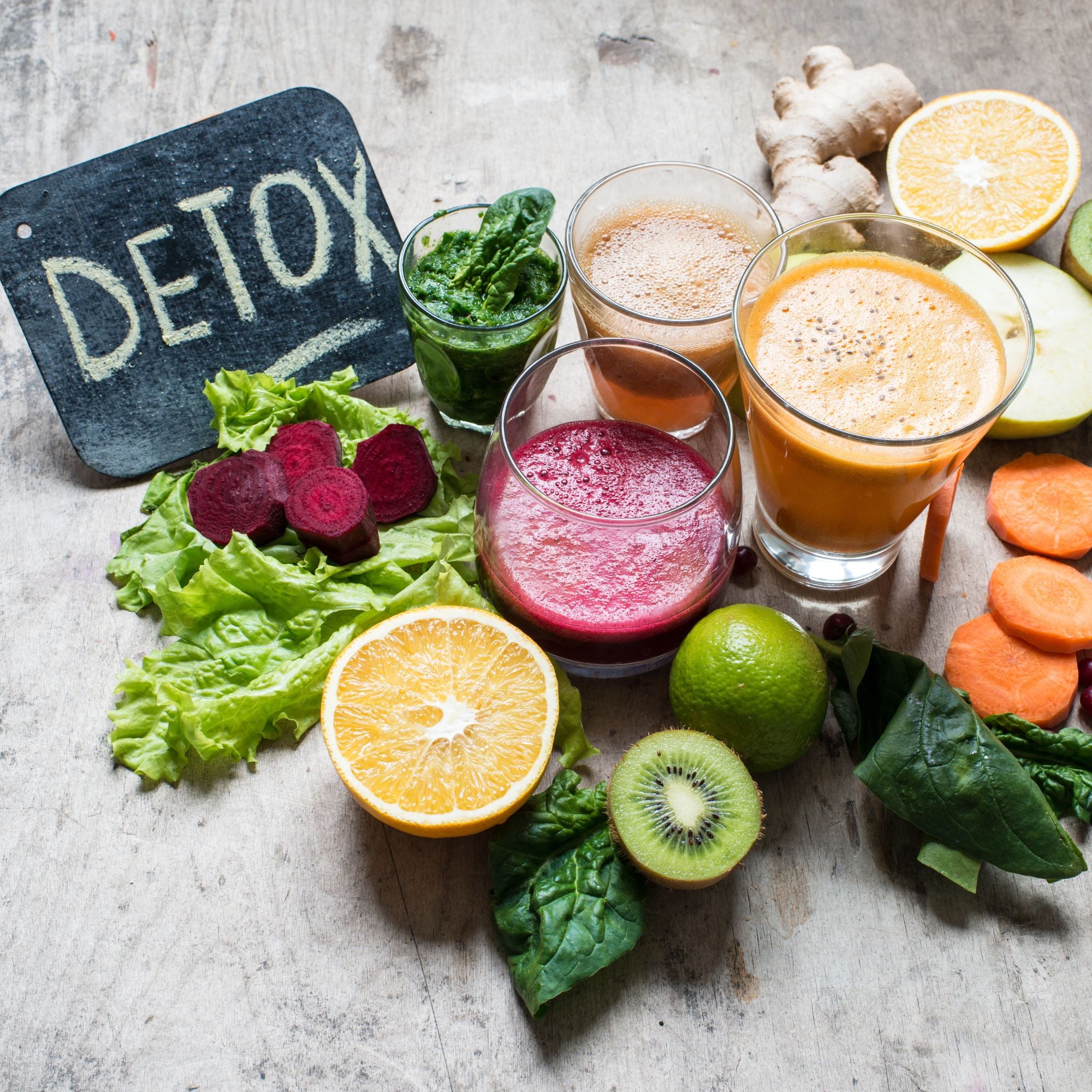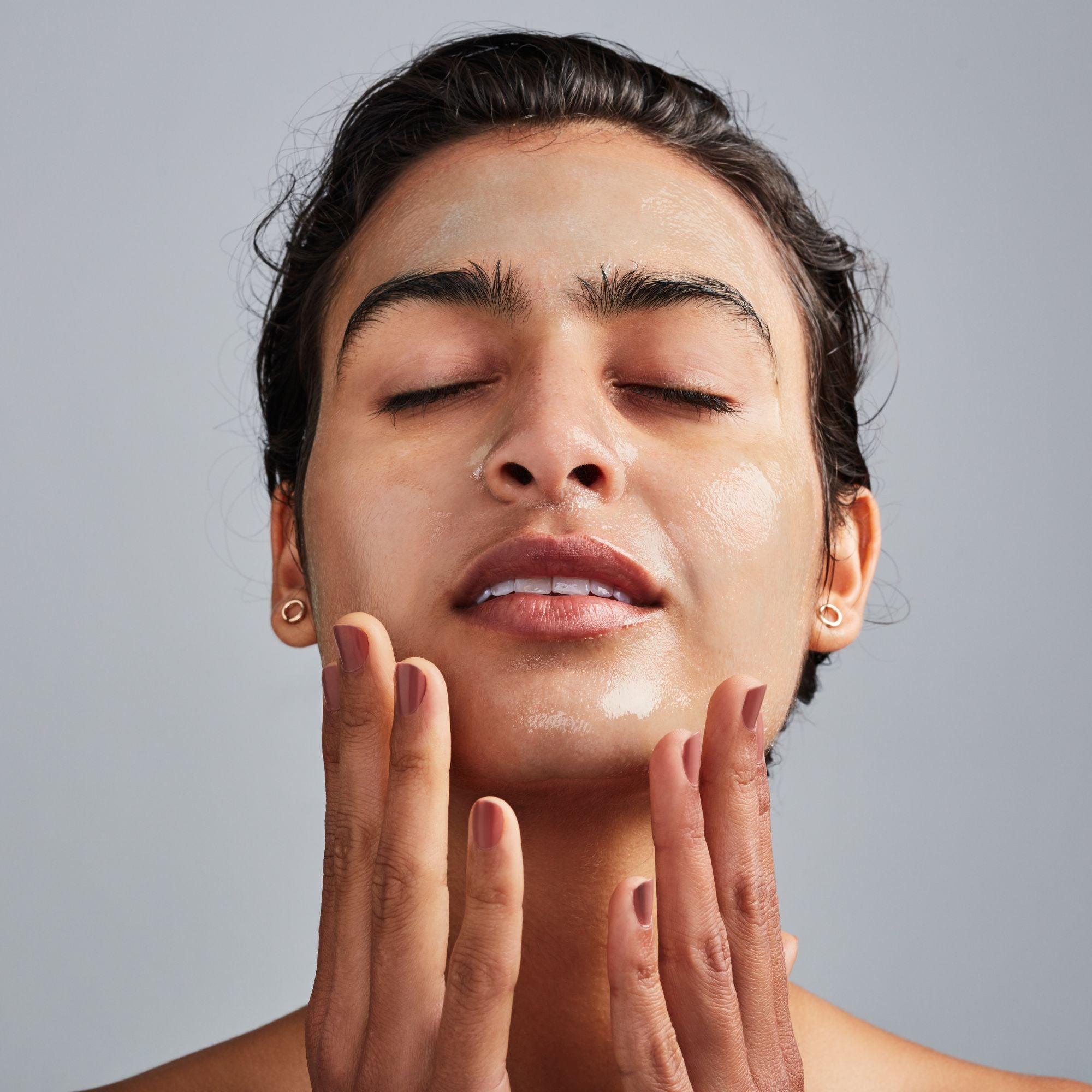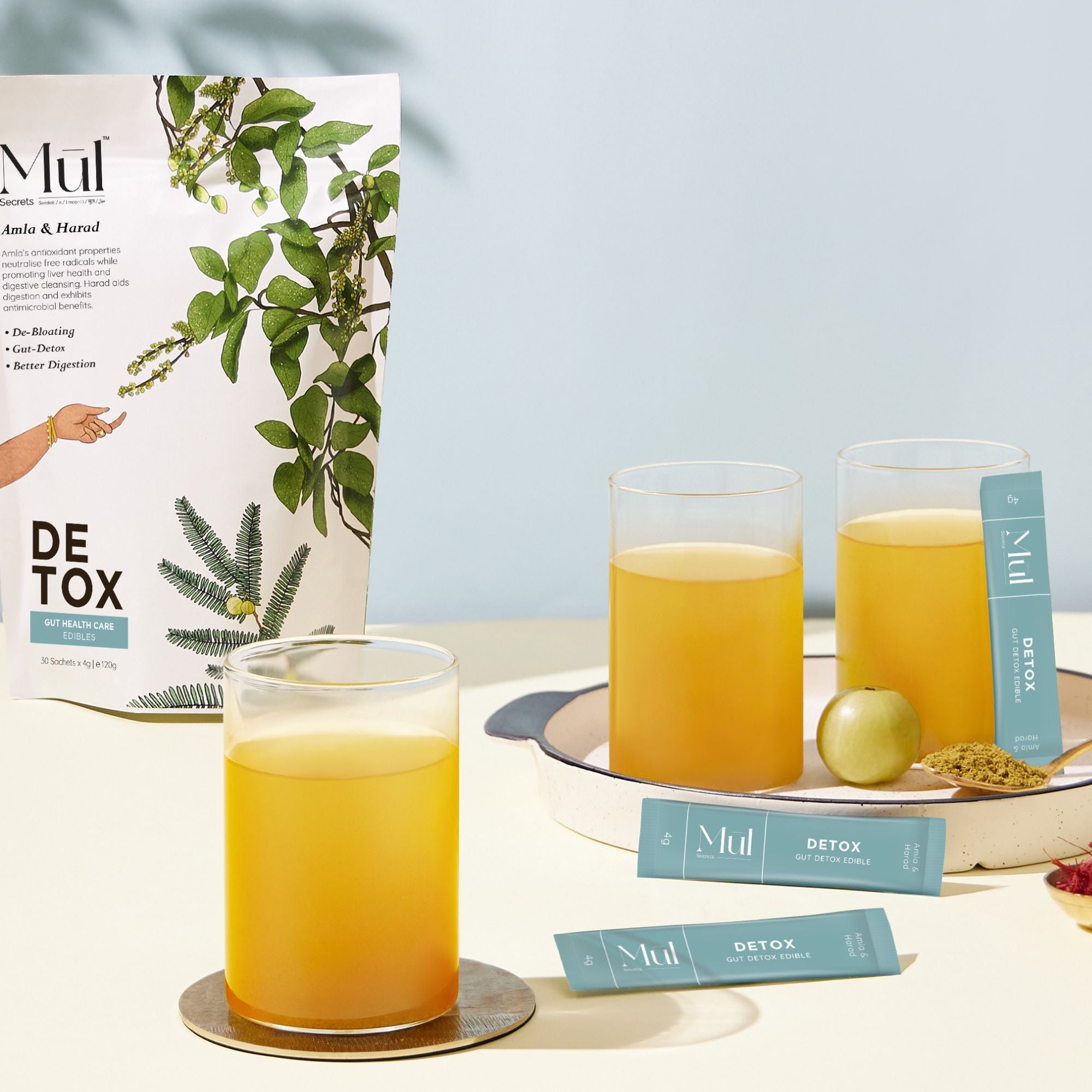Are you struggling to keep up with your hydration needs during the winter season? We understand it can be challenging to remember to drink enough water when it's cold outside, but staying hydrated is crucial for overall health and well-being. In this article, we will explore the best ways to stay hydrated during the winter months. By following these practical tips and techniques, you can maintain optimal hydration levels and feel your best all season long.
Set Hydration Goals
Do you know how much water your body needs to stay hydrated each day? Determining your daily water intake goals based on your individual needs and lifestyle is crucial for maintaining optimal hydration levels. By setting hydration goals, you can track your progress and ensure you are drinking enough water throughout the day.
Factors such as age, gender, weight, activity level, and climate can all impact your daily water requirements. As a general guideline, a good rule of thumb is to drink eight glasses of water a day. However, this may vary depending on your individual needs.

Calculating Your Hydration Goals
To determine your daily water intake goals, start by calculating your body weight in pounds and dividing it by two. This will give you the approximate number of ounces of water you should be drinking each day.

Example: If you weigh 150 pounds, you should aim to drink at least 75 ounces of water each day.
You can also factor in exercise and other activities that cause you to sweat. For every half-hour of exercise, add an additional 16 ounces of water to your daily intake goal. If you live in a hot or dry climate, you may need to increase your water intake even more to compensate for increased sweating and dehydration.
Tips for Meeting Your Hydration Goals
Meeting your hydration goals can sometimes be a challenge, but there are numerous ways to make it easier. Here are a few tips for meeting your daily water intake goals:
|
Tip |
Explanation |
|
Carry a reusable water bottle |
Having a water bottle with you throughout the day makes it easier to drink water when you need it. |
|
Set reminders |
Use an app or calendar to remind you to drink water at regular intervals. |
|
Drink water before meals |
Drinking water before meals not only helps you meet your hydration goals, but it can also help control your appetite. |
|
Flavor your water |
If you find plain water boring, add natural flavors such as lemon, lime, or cucumber to make it more enjoyable. |

By setting hydration goals and implementing these tips, you can stay hydrated and feel your best every day.
Drink Water Regularly
Staying hydrated doesn't have to be complicated. One of the easiest ways to maintain optimal hydration levels is by drinking water regularly throughout the day. Carry a refillable water bottle with you and sip on it frequently to ensure that you're staying hydrated.

Tip: If you struggle with the taste of plain water, try adding a slice of lemon or cucumber to your water bottle for a refreshing twist.
|
Time of Day
|
Amount
|
|
Upon waking up
|
1-2 glasses
|
|
Mid-morning
|
1 glass
|
|
Before lunch
|
1 glass
|
|
Mid-afternoon
|
1 glass
|
|
Before dinner
|
1 glass
|
|
Before bed
|
1 glass
|
By drinking water regularly and consistently throughout the day, you can help prevent dehydration and keep your body functioning at its best. Don't wait until you feel thirsty to drink water, as thirst is often a sign that your body is already dehydrated.
Infuse Your Water with Flavor
Drinking water can be dull and challenging, especially during the colder months. However, water intake is crucial for staying hydrated and maintaining optimal health. To make water more enjoyable, try infusing it with natural flavors. Not only does it add a burst of taste, but it also adds some essential nutrients to your water without adding unnecessary sugars or calories. Here are some hydration tips to try:

|
Water Add-Ins |
Benefits |
|
Lemon or Lime |
Loaded with vitamin C, promotes weight loss, good for digestion |
|
Cucumber |
Hydrating, may lower blood sugar levels, reduces inflammation |
|
Mint |
Aids digestion, freshens breath, natural stimulant |
|
Ginger |
Helps with nausea, has anti-inflammatory properties, boosts immunity |
|
Berries |
High in antioxidants, boost immune system, anti-inflammatory |
Infused water is an excellent way to add some flavor to your water while staying hydrated. There are so many flavor combinations to try, and you can mix and match depending on your preference. So, why not experiment with different flavors and combinations and find your favorite?
Eat Hydrating Foods
When it comes to staying hydrated, drinking water is essential. But did you know that you can also eat your way to optimal hydration? Consuming hydrating foods is an excellent way to supplement your water intake and ensure you stay hydrated throughout the day.

Hydrating foods not only provide the necessary water content, but they are also rich in essential vitamins, minerals, and antioxidants that promote overall health and wellness. Some of the best hydrating foods you can add to your diet include:
|
Food |
Water Content (%) |
|
Cucumber |
96 |
|
Celery |
95 |
|
Watermelon |
92 |
|
Broccoli |
91 |
|
Strawberries |
91 |
|
Grapefruit |
88 |
|
Cantaloupe |
88 |
By incorporating these hydrating foods into your diet, you can increase your overall water intake and ensure your body stays properly hydrated. So next time you're feeling thirsty, consider reaching for a hydrating snack instead of a glass of water.
Monitor Your Urine Color
Keeping track of your urine color is a simple way to determine your hydration status. Dark yellow or amber-colored urine signals dehydration, while light yellow or clear urine means you are hydrated. Having a general understanding of your urine color throughout the day can help you stay conscious of your water intake and make necessary adjustments. Additionally, if you're taking supplements or certain medications, they may affect the color of your urine. However, if you notice any persistent changes, speak with your healthcare provider for advice.

Limit Caffeine and Alcohol Intake
We all love our morning coffee and occasional glass of wine, but consuming caffeine and alcohol can lead to dehydration. Instead of cutting them out altogether, we recommend moderating your intake, especially during the winter season.
For coffee drinkers, try limiting yourself to one or two cups a day and consider opting for decaf later in the day. As for alcohol, drink in moderation and alternate alcoholic drinks with glasses of water or other hydrating beverages.

By cutting back on caffeine and alcohol, you can help your body stay properly hydrated, allowing you to feel your best all winter long.
Stay Aware of Environmental Factors
It's important to be mindful of your surroundings and how they can impact your hydration levels. Factors like dry indoor air, high altitudes, and intense physical activity can all increase your body's need for fluids. For example, at high altitudes, the air is thinner and dryer, causing increased water loss through breathing and sweating.
In colder months, heating systems can create dry indoor air, which can cause dehydration. Be proactive in adjusting your indoor humidity levels and using moisturizers to avoid excess fluid loss.
During intense physical activity or hot weather, you may need to increase your fluid intake to replenish fluids lost through sweat. Pay attention to your body's signals and drink fluids when you start feeling thirsty.

Staying aware of environmental factors can help you adjust your fluid intake accordingly and stay hydrated no matter the setting.
Hydrate Before, During, and After Exercise
When it comes to exercise, staying hydrated is critical for optimal performance and recovery. Proper hydration can help prevent fatigue, muscle cramps, and overheating, allowing you to reach your fitness goals.
It's essential to hydrate not only during your workout but also before and after. Before exercising, aim to drink at least 16 ounces of water 2 hours before and an additional 8-10 ounces 15 minutes before your workout. During exercise, drink 7-10 ounces of water every 10-20 minutes. After exercise, replenish lost fluids by drinking at least 20 ounces of water for every pound of body weight lost during exercise.

"Proper hydration can help prevent fatigue, muscle cramps, and overheating, allowing you to reach your fitness goals."
Remember, the amount of water you need to drink during exercise depends on the intensity and duration of your workout, as well as your individual hydration needs. Always listen to your body and drink when you feel thirsty.
Drinking water is not the only way to hydrate during exercise. You can also consume electrolyte-enhanced sports drinks or coconut water, which contain essential minerals like potassium and sodium that help regulate fluid balance in the body. However, be cautious of sports drinks high in sugar content that may counteract the benefits of hydration.
By making proper hydration a priority before, during, and after exercise, you can maximize your performance and recovery, allowing you to reach your fitness goals and feel your best.
Hydration Apps or Trackers
Staying hydrated doesn't have to be a guessing game. We can use technology to aid us in maintaining adequate fluid intake. There are various hydration apps and trackers available that can provide reminders to drink water regularly, track our water consumption, and help us meet our hydration goals. These apps can be especially helpful for individuals who are always on the go or have busy schedules. Use Hydration Apps or Trackers
By integrating these apps into our daily routine, we can improve our hydration levels and ensure that we are drinking enough water consistently. Furthermore, many of these apps are free and easy to use, making them accessible to everyone.
![]()
Some popular hydration apps and trackers include:
|
App Name |
Description |
|
Hydro Coach |
This app calculates your daily water intake goal based on personal details such as age, weight, and activity level. It then reminds you to drink water throughout the day and tracks your progress. |
|
WaterMinder |
WaterMinder reminds you to drink water throughout the day and allows you to log your water intake. It also includes customizable settings based on individual needs and preferences. |
|
Aqualert |
Aqualert calculates your daily water intake goal and tracks your progress. It also includes customizable reminders and notifications to ensure you are staying on track. |
These are just a few examples, but there are many more options available depending on individual needs and preferences. By using hydration apps or trackers, we can stay accountable and motivated in our pursuit of optimal hydration levels, especially during the winter months when it can be tempting to reach for other warm beverages instead of water.
Embrace Warm Hydration Alternatives
Sometimes, during the winter months, cold water doesn't seem very appealing. However, staying hydrated is still vital for our overall health and well-being. That's why we recommend embracing warm hydration alternatives.
One option is to try herbal teas. Not only are they warm and comforting, but they also have added health benefits. For example, chamomile tea can help reduce inflammation, while ginger tea can settle an upset stomach. Additionally, green tea is packed with antioxidants that can boost your immune system.
Another alternative is to infuse your water with warm flavors, such as lemon and honey or orange and cinnamon. Warm infused water is an excellent way to stay hydrated and satisfy your taste buds at the same time.

Overall, embracing warm hydration alternatives is one of the best ways to stay hydrated during the winter season. Try incorporating herbal teas or warm infused water into your daily routine – your body will thank you for it!
Conclusion
We hope these tips have helped you understand how to stay hydrated and the best ways to do so during the winter season. Remember to set hydration goals and monitor your urine color regularly to ensure you are staying hydrated. Try drinking water regularly and infusing it with some natural flavors to make it more enjoyable. Don't forget to include hydrating foods in your diet and limit your caffeine and alcohol intake.
Additionally, it is essential to stay aware of your environment and adjust your fluid intake accordingly. Stay hydrated before, during, and after exercise and use hydration apps or trackers to help you stay on track. Finally, try embracing warm hydration alternatives like herbal teas and warm infused water during winter to keep hydrated.

By following these simple tips, you can ensure that you stay hydrated and feel your best no matter the season. So let's make hydration a priority in our lives and enjoy the countless benefits it brings us. Here's to a well-hydrated and healthy lifestyle!




